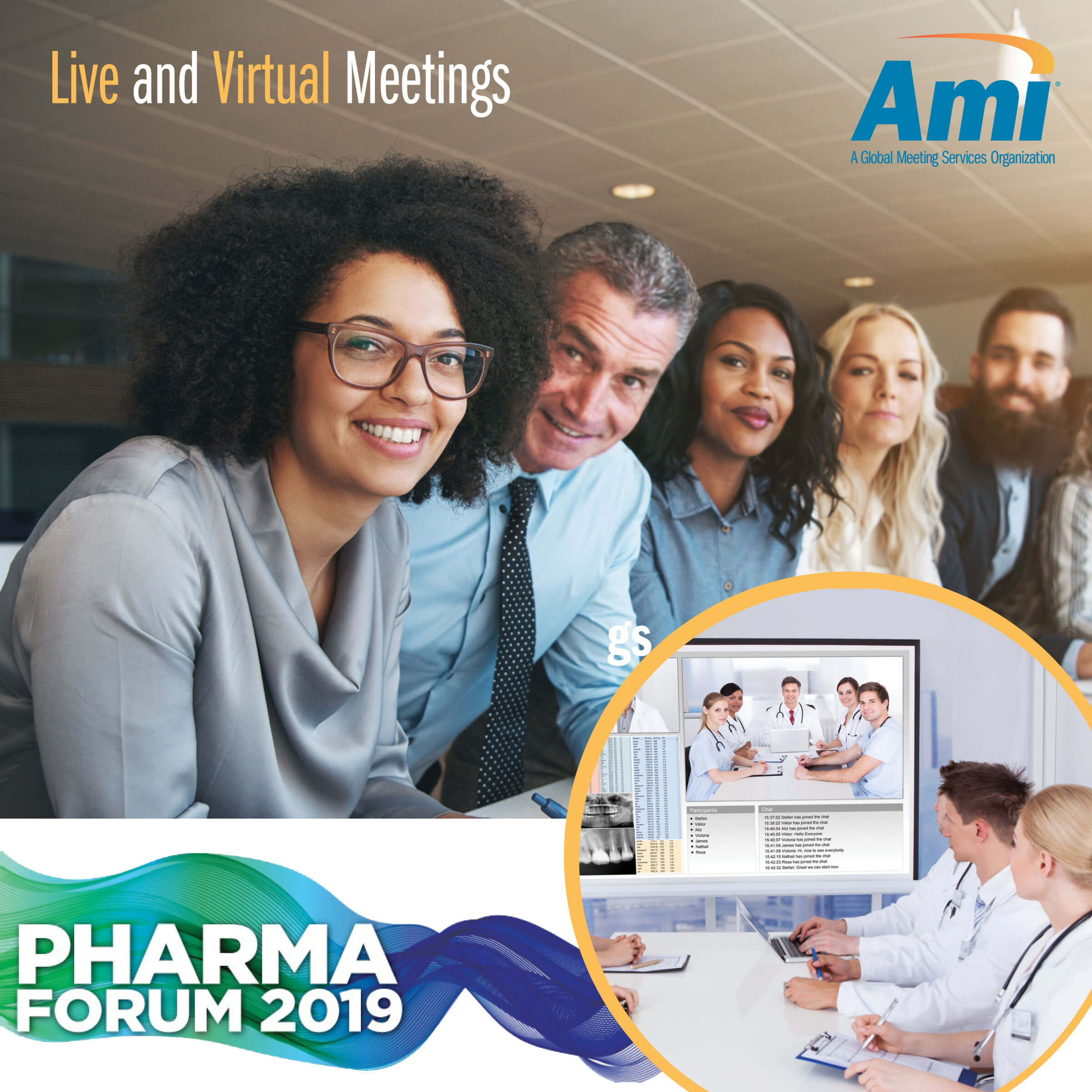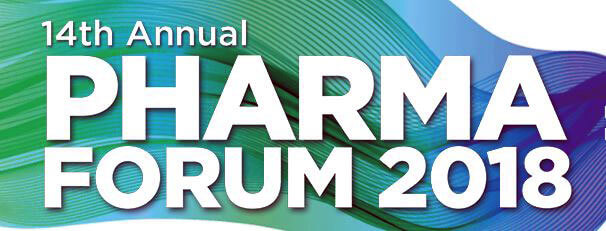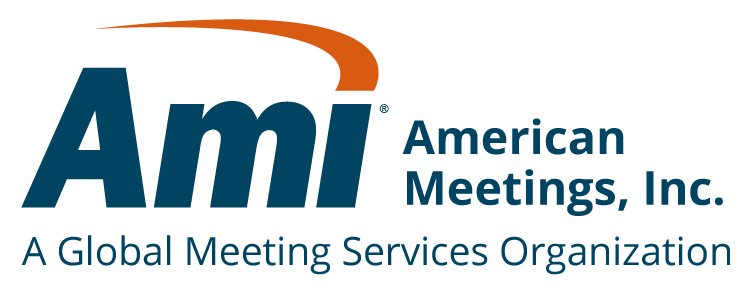
Pharmaceutical, Biotech and Healthcare Meeting Planning Compliance Checklist
Ensuring Ethical and Regulatory Adherence in Pharmaceutical, Biotech, and Healthcare Meetings
Unsurprisingly, pharmaceutical, biotech, and healthcare companies must adhere to strict compliance regulations when conducting meetings. It’s crucial that these organizations ensure transparency, ethical conduct, and adherence to legal requirements – especially when healthcare professionals are concerned.
If you’re in one of these highly regulated industries and looking to maintain compliance throughout your next meeting, we’ve put together a handy checklist to help you get it right.
- Know and follow applicable regulations: It sounds obvious, but the number one most important step in planning meetings for pharmaceutical, biotech, and healthcare professionals is familiarizing yourself with the relevant local, national, and international regulations. Examples include the Food, Drug, and Cosmetic Act in the US, or the EFPIA Disclosure Code in Europe – make sure you understand them inside out to avoid running into trouble.
- Ensure transparent reporting: Keep accurate records of all expenses related to the meeting. That includes travel, accommodation, meals, and honoraria for all healthcare professionals. This is a must in case you’re audited, as it allows you to prove your spend and compliance with disclosure requirements.
- Create a clear invitation and selection process: Establish clear and transparent criteria for selecting healthcare professionals to attend the meeting. Also ensure that this selection process is not influenced by prescribing habits or potential for business benefits – keep it fair and unbiased so that the biggest spenders (or potential spenders) aren’t disproportionately invited.
- Set your meeting agenda: As with any meeting, be sure to clearly define the meeting’s agenda, objectives, and educational content. Your meeting content should align with medical and scientific needs rather than promotional goals – remember, industry regulations are geared towards getting the best patient outcomes, not money-making opportunities.
- Select the right venue: Choose meeting venues that are appropriate, comfortable, and conducive to the exchange of scientific information. Usually, this will be a dedicated event venue, such as a hotel conference center, rather than a flashy bar or expensive restaurant. Avoid extravagant or inappropriate locations, and be mindful of HCP meal caps to ensure suitable catering options – and don’t forget to negotiate with hotels or meeting venues to secure the best price.
- Set up a reasonable communications plan: Send all invitations well in advance of your meeting, providing all necessary details to ensure everyone has all the information they need to attend. It’s also vital that you clearly state the purpose of the meeting and disclose the sponsor’s identity. This is essential to avoid accidental bias.
- Disclose any conflicts of interest: Require all participants, including speakers and attendees, to disclose any potential conflicts of interest. If any conflicts of interest arise in this discovery process, make sure they are appropriately managed to maintain the ethical standards of your event.
- Speaker selection: Select your speakers based on their expertise and ability to provide balanced, evidence-based information – and remember, this may not be the speakers you have worked with in the past. Ensure your speakers don’t have significant financial ties to the pharmaceutical, biotech, or healthcare companies sponsoring your event – again, to avoid the risk or appearance of bias.
- Review and approve all meeting content: Don’t just assume all meeting content will be appropriate – set time aside to review and approve all materials, including presentations, handouts, and slides. Make sure that content is compliant with regulations, scientifically accurate, and not too heavily focused on any sponsoring organizations.
- Maintain detailed records: Keep detailed records of your meeting, including attendance lists, expenses, and any changes to the agenda. Store these records securely for compliance reporting. Ideally, create a folder so you can easily access all meeting information in one place, and consider password protecting it if it contains sensitive data.
- Provide compliance training: All staff involved in organizing and conducting the meeting should undergo thorough compliance training. This ensures that they can understand and adhere to compliance regulations. The more people who understand the rules and regulations, the fewer opportunities there will be to slip up.
- Report any adverse events: Ideally everything will go off without any problems, but don’t assume that that will be the case. Establish procedures for reporting any adverse events or product complaints that may arise during the meeting, and ensure that appropriate follow-up actions are taken if necessary, with a clear process and owner for these actions.
- Conduct post-meeting evaluations: Send out post-meeting evaluations to assess the meeting’s educational value and compliance with objectives. Alongside your attendees, you may also want to ask for feedback from your speakers. Use any feedback collected to improve future meetings.
- Monitor compliance closely: Implement a system for ongoing compliance monitoring and auditing, and address any compliance violations promptly and appropriately. Proactively staying on top of any issues is much better than finding out about them later.
- Prepare useful reports: Once all expense reports have been submitted, prepare and submit reports detailing these and transfers of value to healthcare professionals. Then, publish this information in accordance with disclosure requirements to help you stay ahead of the game.
- Provide continuous training and education: Keep up to date with evolving compliance regulations and industry best practices – for instance, by following your industry’s regulatory bodies on social media or by signing up for newsletters. This will allow you to provide ongoing training to staff and stakeholders, ensuring all future events are managed in an ethical, compliant manner.
Complying with industry laws
It’s essential to consult legal and compliance experts in your jurisdiction to ensure that your pharmaceutical, biotech, or healthcare company is fully compliant with all relevant laws and regulations when conducting meetings with healthcare professionals. This checklist serves as a general guide, and should be adapted to meet the specific requirements and regulations in your region.
What do I need to know about HIPAA?
One of the most important regulations to understand for pharmaceutical, biotech and healthcare meeting organizers is HIPAA.
HIPAA (Health Insurance Portability and Accountability Act) compliance is a critical consideration for hospitals and healthcare organizations when it comes to patient data privacy and security. While HIPAA primarily relates to the protection of electronic health records (EHRs) and patient information, its principles extend to various aspects of healthcare, including medical meetings involving patients.
Here’s an overview of HIPAA compliance in medical meetings for hospitals and healthcare organizations – you will note that several of these points relate to our checklist above:
- Securing patient data: Healthcare organizations must implement robust measures to secure patient data during medical meetings. This may involve password protection for electronic devices used during meetings, encrypting electronic communications, and maintaining physical security over printed patient records or documents.
- Limited use and disclosure: HIPAA restricts the use and disclosure of patient information to the minimum necessary for the intended purpose. Healthcare organizations should ensure that only relevant patient information is shared during medical meetings.
- Employee training: Staff members involved in medical meetings must receive HIPAA training to understand the importance of patient privacy and confidentiality. Training should cover the proper handling of patient information in various scenarios.
- Data breach response: In the event of a data breach or unauthorized disclosure of patient information during a medical meeting, healthcare organizations must have a breach response plan in place. This includes notifying affected patients, regulatory authorities, and taking corrective actions.
Planning a pharmaceutical, biotech, or healthcare event and need some extra guidance?
We’d love to help – contact us today to take advantage of our meeting expertise.











